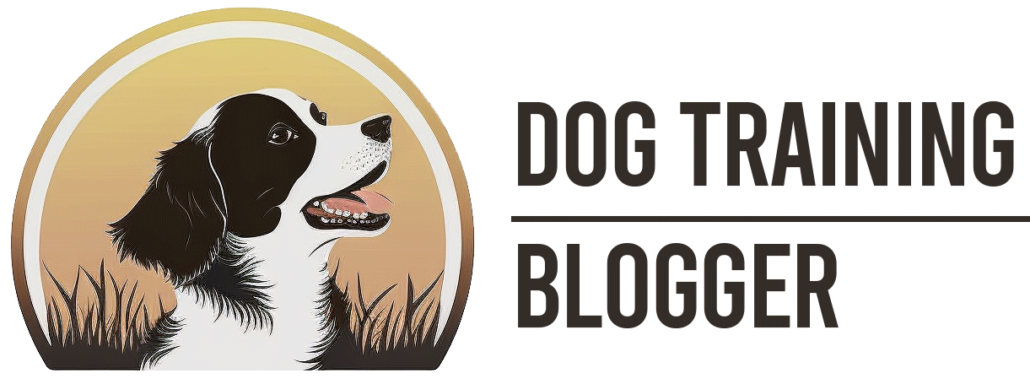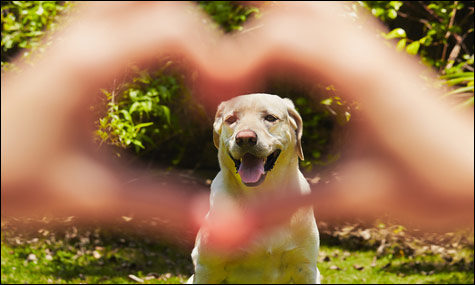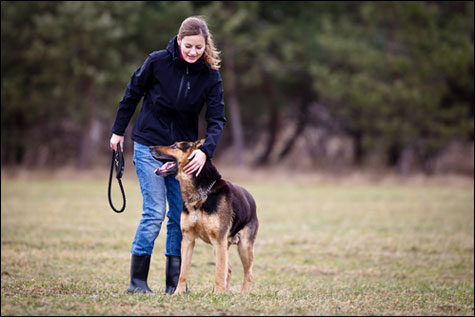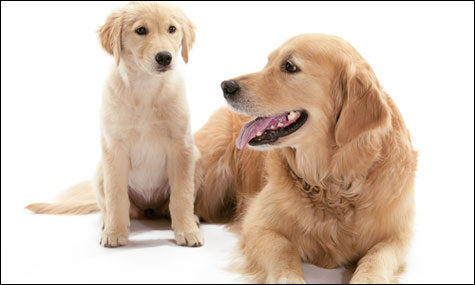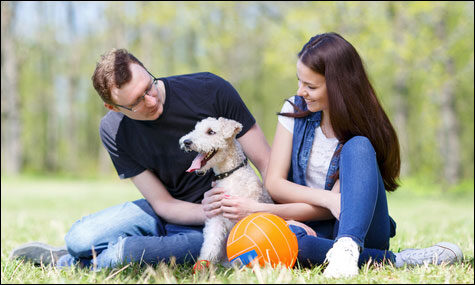
This article is going to give you information about breed rescues. Which breed you ask? Any breed. If you absolutely must re-home a dog using a breed rescue is the perfect way to do it.
I know you are saying to yourself that you should never get rid of a dog because it’s a commitment. That’s true however there are times that re-homing is the only option.
Quite often dog owners ask my help in finding a good home for their dog and I always suggest breed rescue. There is virtually a rescue group for every breed and they are located all over the United States.
Why am I so sold on breed rescues? Simple because they care about their specific breed and go out of their way to save a dog. They will even travel 100’s of miles sometimes to either pick-up or deliver a dog to its new forever home.
Most breed rescues or at least the ones I have seen in action are tough when it comes to adopting a dog from them. In fact I have had clients tell me that it was harder to adopt a dog than to adopt a child. Of course that isn’t true but you get the idea.
Having tough, thorough guidelines for adoption is what makes breed rescues so good. They want to find each and every dog its final home and they want it to be a good fit.
Of course there is almost always an adoption fee. That fee is what keeps the organization going by paying for food and vet care. I can assure you that there are not any breed rescues out there making a bunch of money. In fact most of them operate with the help of donations from people in the community that care as well as from their own volunteers.
So how do you find a breed rescue for your dog? That is really easy. Go to Google and type in (breed) breed rescue in (your state). You should get some to choose from and if you don’t find one in your state they do the same for states that are close to you.
If your dog is not a purebred but looks almost like a specific breed they may also be able to help or at least offer some advice as to where you may be able to place the dog.
I hope this information is helpful if you ever need the services of a breed rescue and keep in mind that they are also a great place to rescue a breed that may interest you.
———–
Do you need help training your puppy or dog? We can help. Please remember we can help you with dog training or problem solving no matter where you are located. In fact we have clients all over the U.S. so just give us a call.
If you have an aggressive dog please be sure to visit www.DogAggressionExperts.com for help…
Until next time,

P.S. Do you need some advice from a Canine Behavior Specialist? If so CLICK HERE now!
About Wayne: Wayne Booth is owner of which is headquartered in Nashville, TN but serves clients all over the U.S.. If you have a dog with aggression, behavior problems or simply needs training feel free to contact him.
Wayne has also been teaching people how to become Professional Dog Trainers since 1990 and he is the Training Director of Canine Behavior Specialists Network. If you would like to become a Professional Dog Trainer he can get you started.

